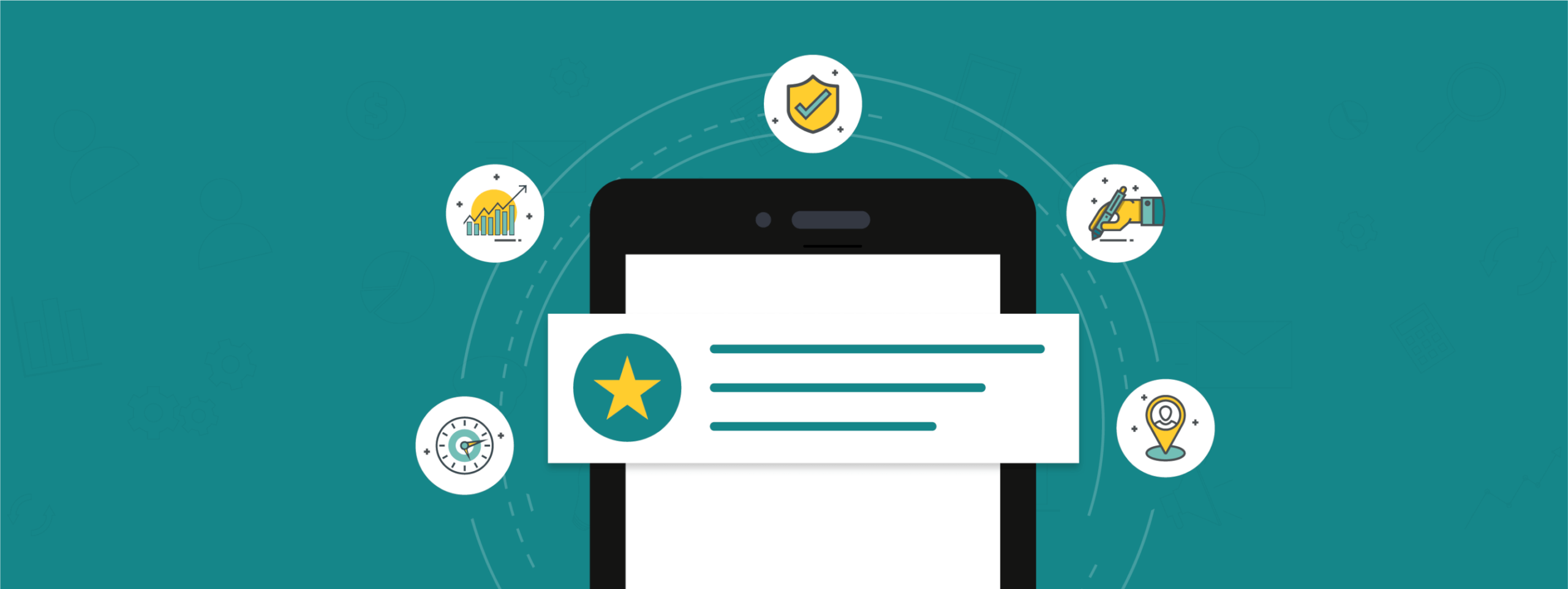Understanding database management systems (DBMS) and models is very important in the field of software development and data management. A solid understanding is crucial for anyone working with data, whether you’re a software developer, data analyst, or IT professional.
Here are some of the most common types of database models:
• NoSQL Databases: NoSQL databases are designed to handle unstructured data, such as text, images, and video. They use a variety of data models, including key-value, document, column-family, and graph databases.
• Object-oriented Databases: Object-oriented databases are designed to store and manage object-oriented data, such as Java or C++ objects. They store data in the form of objects, which can be manipulated using object-oriented programming languages.
• Hierarchical Databases: Hierarchical databases organize data in a tree-like structure, with each record linked to one or more parent records. They are commonly used in legacy systems and mainframe environments.
• Network Databases: Network databases organize data in a network-like structure, with each record linked to one or more other records. They are similar to hierarchical databases but allow more complex relationships between records.
• Graph Databases: Graph databases are designed to manage data that is highly interconnected, such as social networks or supply chain data. They use nodes and edges to represent data entities and the relationships between them.
• Time-series Databases: Time-series databases are designed to handle time-stamped data, such as sensor readings or stock market data. They are optimized for fast write and query operations on large volumes of data.
Here are some popular database management systems (DBMS) used in modern software development:
• Oracle Database: a widely used relational database management system (RDBMS) that is popular for enterprise applications and large-scale data processing.
• Microsoft SQL Server: a popular RDBMS developed by Microsoft, commonly used for business applications and data warehousing.
• MySQL: an open-source RDBMS commonly used in web applications, with a focus on speed, ease of use, and scalability.
• PostgreSQL: another open-source RDBMS that is known for its robustness, reliability, and support for advanced features like JSON data types and full-text search.
• MongoDB: a popular NoSQL database that is used for managing unstructured and semi-structured data, with a focus on scalability and flexibility.
• Cassandra: a distributed NoSQL database that is used for managing large amounts of data across multiple servers, with a focus on high availability and fault tolerance.
• Redis: an in-memory data store that is used for caching and high-speed data access, with support for advanced data structures like lists, sets, and hashes.
• Microsoft Access: a desktop RDBMS commonly used for small-scale data management and reporting.
• SQLite: a lightweight, file-based RDBMS that is commonly used in embedded systems and mobile applications.
The team at Vhigna comprises of professionals & data experts who can assist you in selecting the appropriate database solution for your project based on the work scope. If you need assistance, then get in touch with us today!




